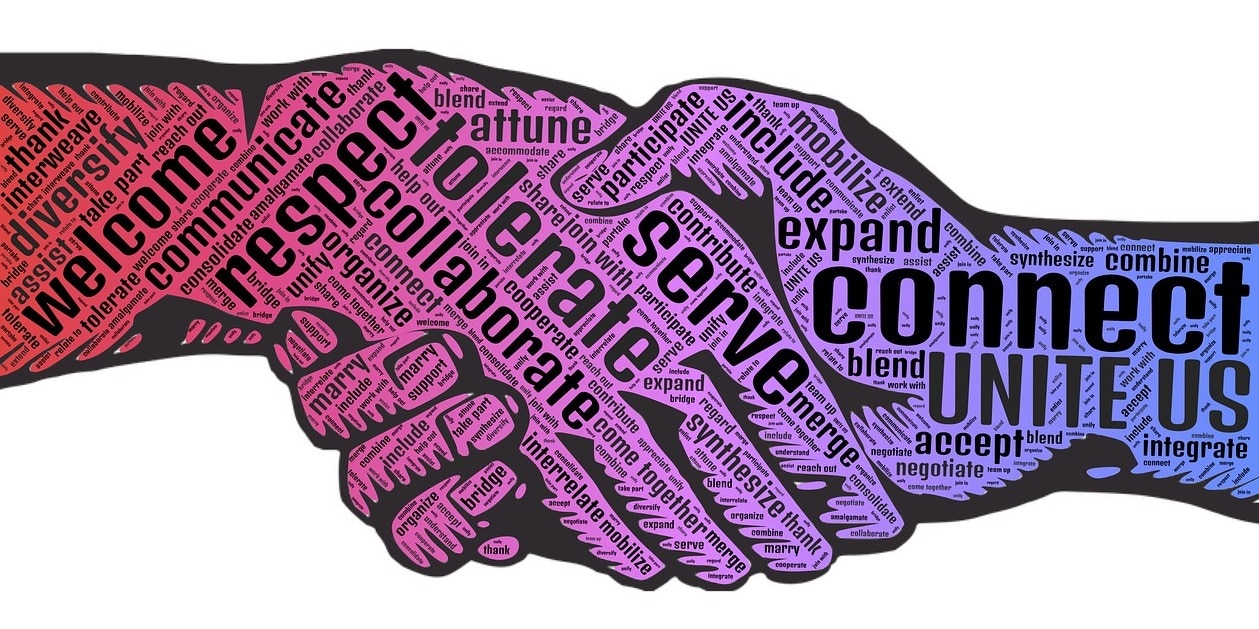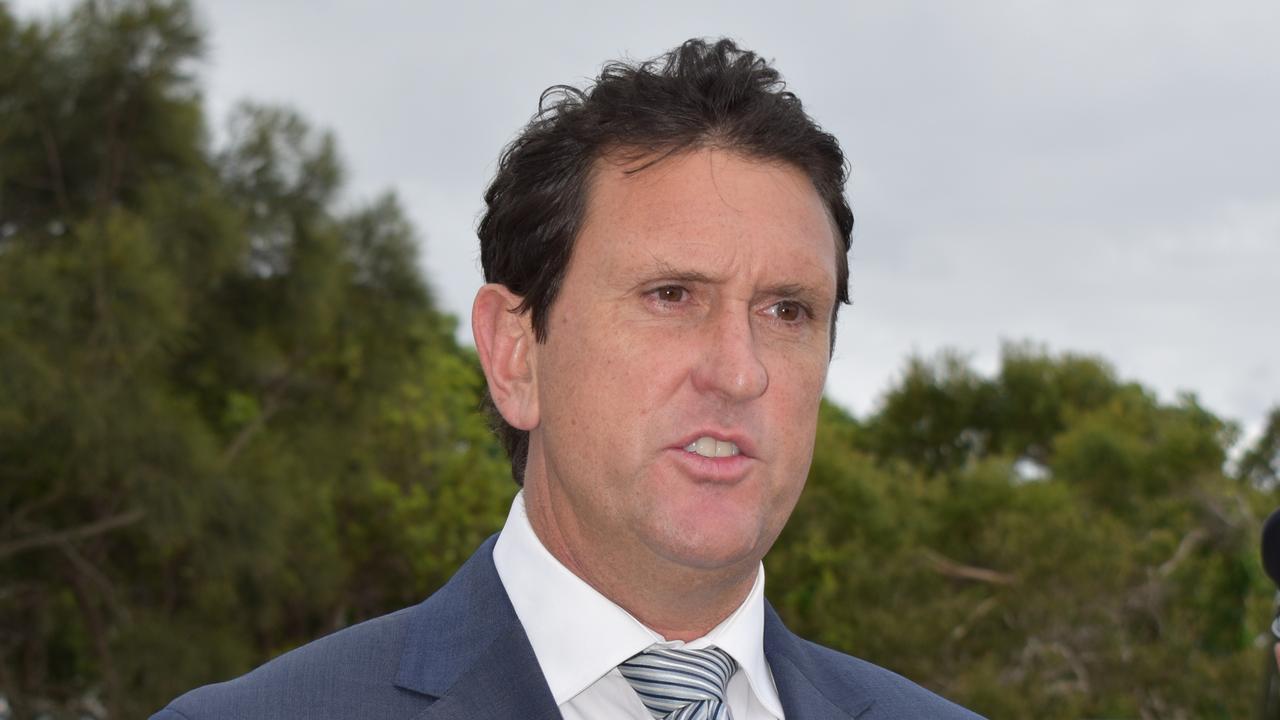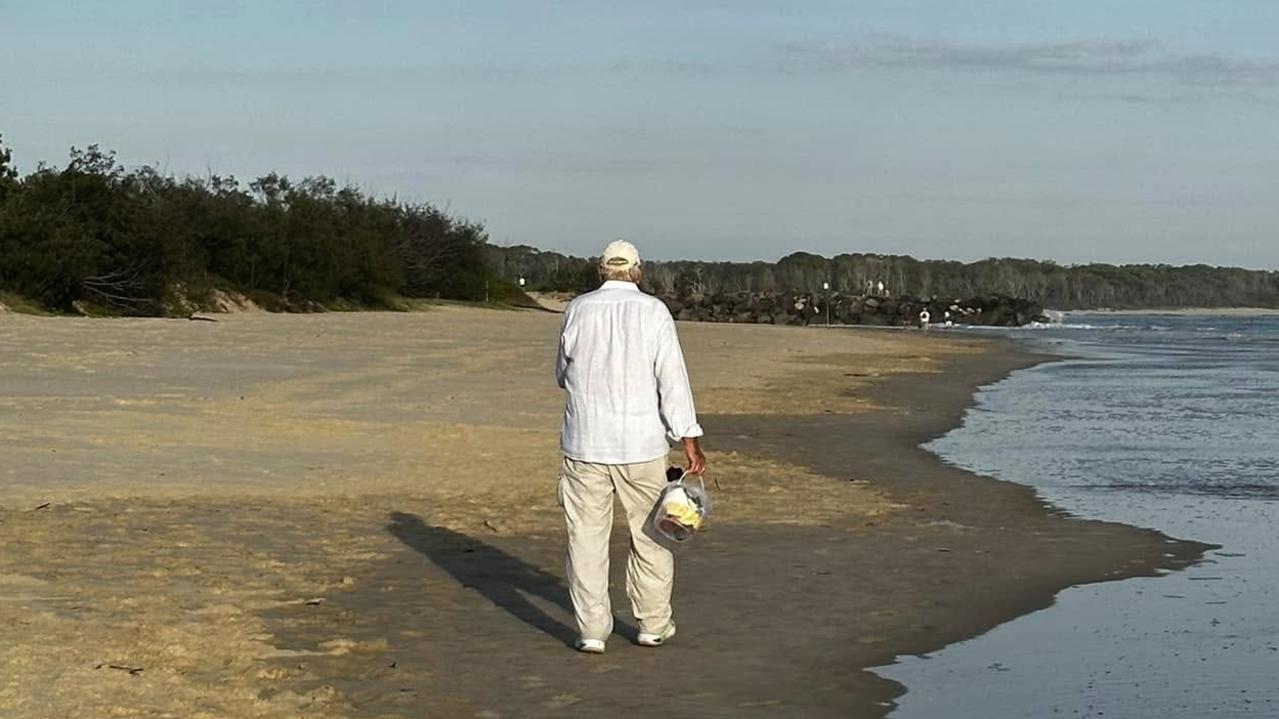You can support diversity without fear
“Scientists have made a powerful discovery that appears able to improve everyone’s life."

Sunshine Coast
Don't miss out on the headlines from Sunshine Coast. Followed categories will be added to My News.
"Scientists have made a powerful discovery that appears able to improve everyone's life.
Reports indicate it works on individuals, families, communities, economies, and nations. Interestingly, it appears that too little of this substance may explain the coarsening of language and the hardening of hearts so evident in politics and the media. Lack of it also might be responsible for everything from substance abuse to the anxiety many people say they feel despite the unprecedented security, better health, and affluence the world is experiencing. And here's the kicker: It's free, it's abundant, and you can't overdose on it." (John Yemma, Christian Science Monitor)
And the often disregarded, but indispensable substance?
Brotherly love!
Evidence of this love is discovered in quiet acts of empathy and encouragement demonstrated by caring people from all walks of life. For instance, the mature gent in the queue at the supermarket checkout who steps up to pay the balance for the mother of two pre-schoolers who is caught short. Or the young female social media whiz who creates social change through her dedication to affirming the good while gently dismantling prejudice.
Then there's the hospice chaplain offering simple words of comfort and walking a patient or family member through a process that aims to help them find meaning according to their own faith, or no faith.
Brotherly love, you could say, is at the heart of chaplaincy, pastoral care and spiritual services. But chaplains are not alone in wondering how extensively they need to demonstrate that care.
That was the question asked at last year's Spiritual Care Australia Conference. Practitioners representing the world's major faith traditions, as well as many others, who work at the coalface in hospitals, hospices and prisons came together to grow in their understanding of how best to meet the needs of the diverse groups of people they encounter day-to-day, and to better relate to them and celebrate them.
Just as the broader community are questioning stereotypes and thinking differently about ethnicity, culture, faith, race, nationality, skin colour, age, sexuality and gender, spiritual carers are also challenged by new paradigms. Armed with a similar acknowledgement of a higher power as man's common source, these carers have something in their toolbox that can help them prayerfully reconsider sincerely held beliefs that might prevent them from embracing diversity wholeheartedly.
In the Christian faith, diversity is championed by its followers. "Each person is given something to do that shows who God is: Everyone gets in on it, everyone benefits. All kinds of things are handed out by the Spirit, and to all kinds of people! The variety is wonderful:" (I Corinthians, The Message)
Hearing the heart-felt stories of individuals representing the transgender, LGBTI community, as well as Multifaith and multicultural communities, greatly enhanced my empathy and compassion for those in the community who have different stories to tell.
In the wider community we may well seem to be different-by reason of race, gender, culture, nationality. But this is a limited view of how to see ourselves and others, when we judge identity from a predominantly material perspective. Beyond that, I've learned, we each have a spiritual sense through which we can more deeply feel and experience kinship with others as the offspring of the multifaceted, divine Spirit, and not formed after the pattern of mortal personality, passion and tribalism (as explained in Science and Health with Key to the Scriptures).
Divine qualities and ideas are as infinite as their divine Source and so it stands to reason that they can be expressed in an endless variety of ways; yet never deviating from Spirit's pure and good nature. In fact, we can't help but express kindness, forgiveness and respect to everyone, as we learn that each individual uniquely reflects divine Love itself. And governed by this Love, we aren't just safe in relation to one another; we can welcome ever more constructive and beautiful relationships with a broader array of fellow citizens.
The brotherly regard that can be offered at the supermarket, on social media or in the sickroom might best follow the principles of interfaith dialogue: to love our neighbor, regardless of their faith…culture… race…gender practices, and to build not just tolerant relationships, but respectful ones.
My own spiritual practice of Christian Science has helped me so much, I'm curious to see how the elements involved are being recognised and implemented in society.
@KayJStroud Christian Science Committee on Publication for Northern-Eastern Australia
Originally published as You can support diversity without fear






